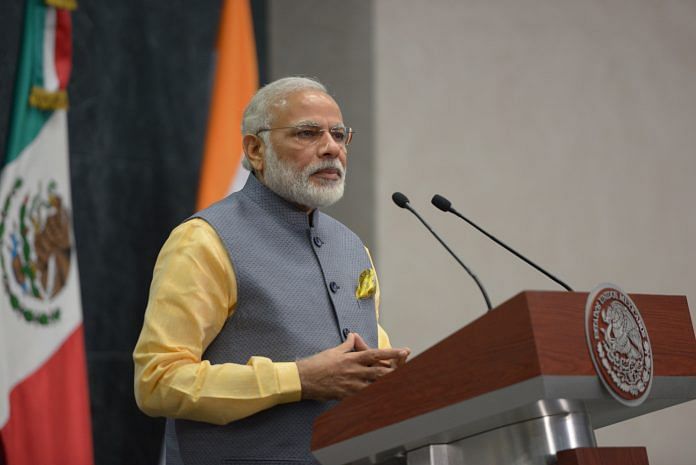Prime Minister Narendra Modi has said that the freedom to write, and to decide what is to be written, does not include the freedom to be “less than accurate”, or “factually incorrect.” Quoting Mahatma Gandhi, he added: “The press is called the Fourth Estate. It is definitely a power, but to misuse that power is criminal.”
Is PM Modi’s statement on press freedom a veiled warning to dissenting media voices?
The freedom of the press is sacrosanct and central to a healthy democracy. But regulation of the media should come from the media itself, and governments and courts should exercise restraint. Laws such as criminal defamation and sedition are draconian and have no place in a democracy.
That said, in the era of fake news, media must set up an ombudsman body urgently. This should have the capacity to detect and deter the publication of fake news. It should be able to engage with social media in a constructive, corrective way. Today, a few valiant warriors voluntarily expose falsehoods that reach the public through WhatsApp and cause immense damage.
Prime Minister Modi’s statement certainly sounds like a veiled warning. But it seems unnecessary, given how some corporate-owned media houses have indulged in self-censorship on news critical of the ruling party. Many media houses have practically become government PR agencies, instead of fulfilling their function of holding the government accountable.
It is ironic and amusing that Modiji says, “Freedom to write doesn’t include freedom to be factually incorrect.” The PM and his cronies subscribe to their own versions of truth and facts, even though they maybe historically incorrect. The flourishing fake news industry is crucial to the BJP’s success: witness how doctored tapes were created to target JNU student leaders.
Already we have seen attempts to muzzle the media by the BJP government in Rajasthan. The newspaper Rajasthan Patrika has boldly refused to cover the Chief Minister as a way of expressing its opposition to her censorship. I hope that the PM’s statement does not become a call for government agencies to harass and hound those media entities that have expressed their independence through critical reporting of the government’s actions.
I worry that the PM is suggesting that the only truth that exists is that which he or his parivar approve of. If so, then Indian media and democracy are in for difficult days ahead.
M. V. Rajeev Gowda is a Congress MP and Chairman, AICC Research Department.



